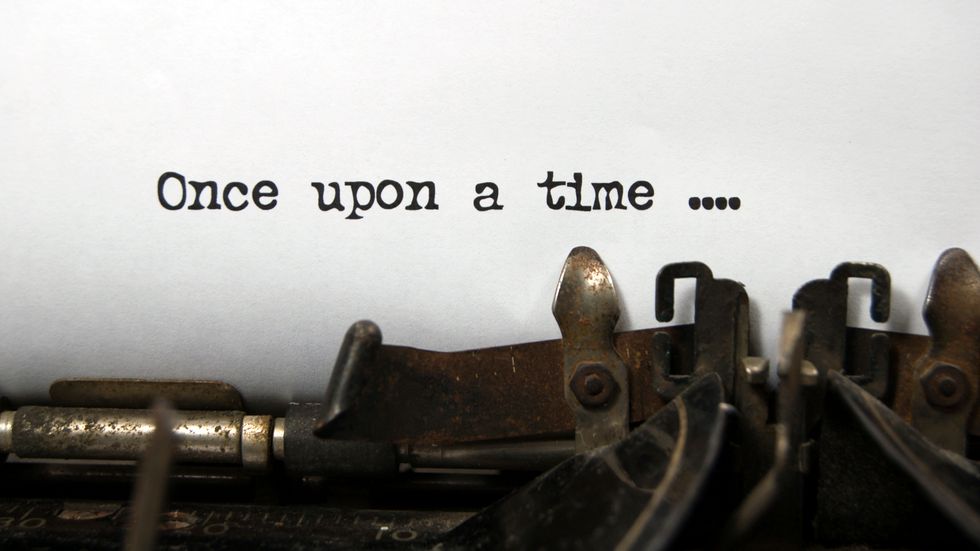Innovation of written language works as one of the criteria in determining advanced civilizations. Likewise, the process of coming into one’s own as a writer, of creating in many ways your own distinct written language, marks a transition into independence, reliance and self-discovery. These civilizations act as the village it takes to raise a child, to form an adult. I have been fortunate enough to encounter mentors in my life who have taught me the value of language, but more importantly, they have urged me to take language and make it my own. My life as a writer is an ever continued process of finding and refining my voice, and of finding a language around which a civilization, a full, real-life person can exist, and exist to teach others.
I have, for as long as I can remember, considered myself to be a writer. Now, I must address the fact that this attribute which I consider so central to my identity was planted, and subsequently fostered, in me by my teachers. I have very few memories of my childhood but clarity remains when my fourth grade teacher told me I should be a writer. I am quite sure she said this in passing, one in a toolbelt of compliments to encourage her students to learn- or perhaps just sit still, nevertheless I have carried this comment with me. Culturally, writing is said to be inviable, superfluous, useful only in pursuit of other goals. We write to inform colleagues about research or to communicate the news. Writing, for many, is a necessary evil, one meriting improvement but not depth. Nine year old me was saved from this mentality, told writing is an imperative part of forming not only a society but a person, told writing is the way that change comes but only if you do it right.
This message did not sink in right away. Writing came easily for me, at least in the academic sense. Because of that I did not put much effort into the unnecessary task of caring about what I wrote. It wasn’t until my sophomore year of highschool that I understood what it meant to put yourself into your writing. Once again this was in some sense forced upon me by a teacher, Mr. Rossi, who saw in me some potential to do better. This was a novel concept for me. I got papers back with compliments scrawled on the top of them in red ink, so what was the use in improvement? This was, I see now, not an acceptable answer. I worked with Rossi on poetry I had written for a show in my high school. Once I got into the show after auditions I assumed I was done, affirmed in my belief that I could be an adequate writer without putting in very much effort. I wrote 22 drafts of this poem in the end. Through this process not only did I find that writing was much more than simply putting down words on a page that sounded nice when read aloud together, but I that language is not just a set of comma rules and proper citations. Language, and when I say language I mean the way you weave together words, should be better than your fingerprint- utterly unique, an assertion that you were here and it endures.


















